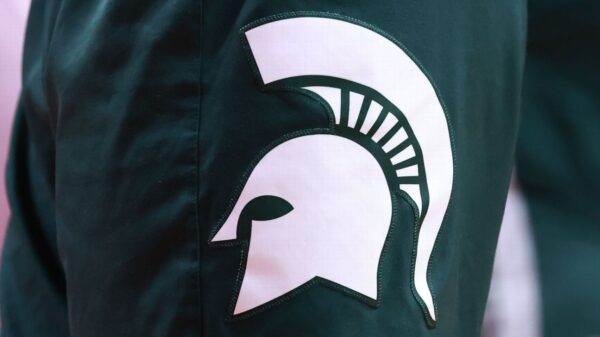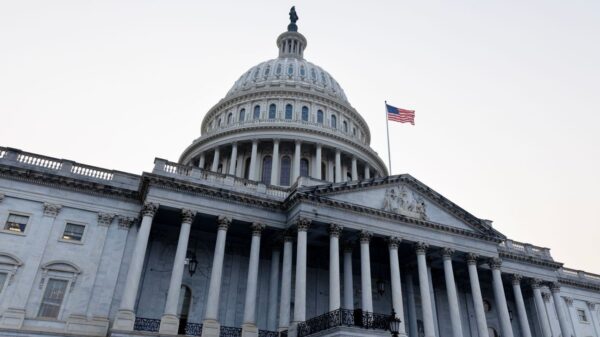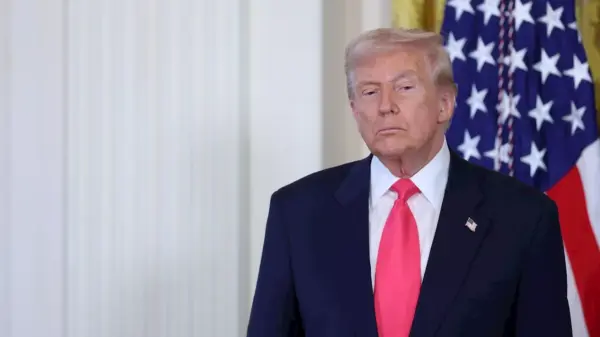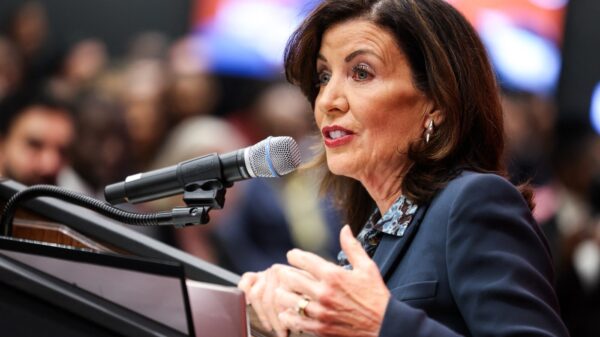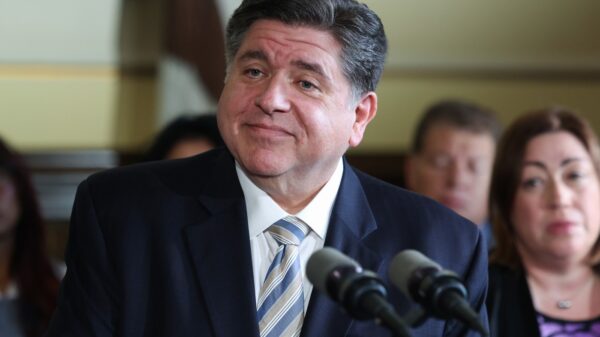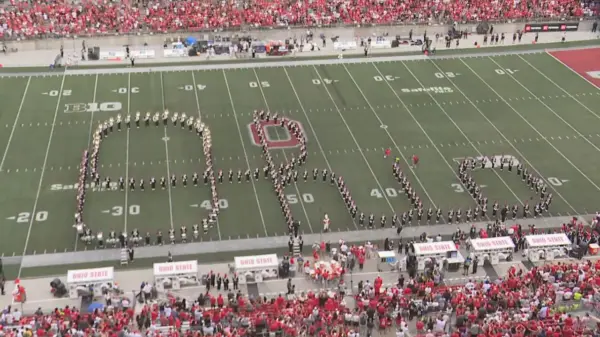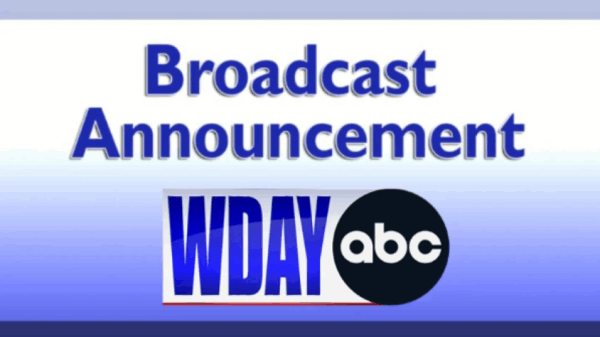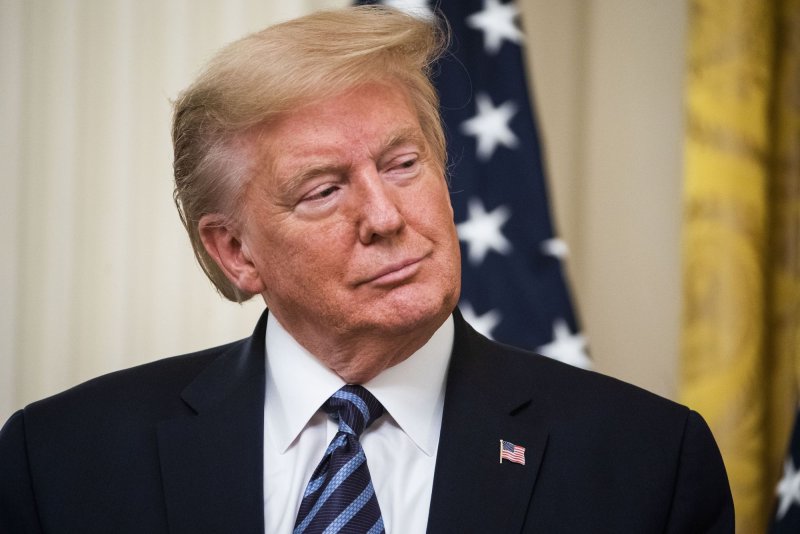The University of Virginia has reached a settlement with the Justice Department that will temporarily halt federal investigations into the institution’s admissions policies and civil rights practices. This agreement, confirmed by both parties on October 23, 2023, comes amid a broader initiative by the Trump administration targeting what it perceives as left-leaning ideologies in higher education.
According to the terms of the settlement, the University of Virginia will adopt the Guidance for Recipients of Federal Funding Regarding Unlawful Discrimination, a directive released by the Trump administration in July. This guidance connects federal funding with specific interpretations of civil rights laws, particularly those that affect diversity, equity, and inclusion (DEI) initiatives. The university will also provide the Justice Department with relevant data on a quarterly basis until 2028, although it will not face any monetary penalties.
Interim President Paul Mahoney emphasized the importance of the agreement in preserving academic freedom. In a letter to the university community, he stated, “Importantly, it preserves the academic freedom of our faculty, students, and staff.” Mahoney assured that the university would not be treated less favorably than other institutions regarding federal research grants and funding. He noted that this agreement does not involve external monitoring, instead requiring the university to report on its compliance efforts.
The settlement follows a series of actions by the Trump administration aimed at higher education institutions, with a particular focus on elite universities. Since returning to office in January, Trump has utilized executive orders, lawsuits, and other measures against universities accused of various allegations, including anti-Semitism and the implementation of DEI policies. Critics argue that these actions amount to coercion, compelling universities to adopt far-right policies under threat of losing federal funding.
The University of Virginia is among seven institutions that declined to sign the Trump administration’s 10-part Compact for Academic Excellence in Higher Education, which was proposed on October 1, 2023. This compact offered priority access to federal funds in exchange for committing to government-mandated reforms, including a controversial pledge to restrict transgender women from using women’s changing rooms.
Criticism of the agreement has been swift. Senator Chris Van Hollen of Maryland condemned the university’s decision, describing it as a response to “Trump’s bullying.” He remarked that the decision not only undermines the university’s integrity but could also invite further coercive tactics from the administration. Similarly, Senator Scott Surovell from Virginia characterized the settlement as a “surrender” by the institution, highlighting concerns over the expansion of federal power over universities.
As the University of Virginia navigates its relationship with federal authorities, the implications of this settlement may have lasting effects on academic freedom and institutional policies across the nation. The ongoing discourse surrounding DEI initiatives and federal oversight continues to shape the landscape of higher education in the United States.


